Films to watch for their music
Shifting film’s focus from visual to music and celebrating its composers.
Live music offers people a direct connection to musicians at a unique moment, where the focus is entirely on the sound. While music in the cinema is not the primary focus, as it plays a supporting role, this restriction has expanded musical possibilities, as decisions are made that would not happen if the music were the centre of attention.
A little over a decade ago, I attended a concert where film music was the centre of attention. Norma Herrmann, widow of the celebrated film composer Bernhard Herrmann, introduced a concert of her late husband’s music at the St Georges Concert Hall in Bristol, England. Performing film music in a concert hall might seem unremarkable now, with John Williams, Ennio Morricone, and Hans Zimmer concerts popping up all over the place, but only a short time ago, it was fairly unusual.
It was a memorable concert and talk. Norma was witty, knowledgeable, and open about her late husband and his attitude to music. She said that Bernhard would have been delighted to have seen his music performed in a concert hall and treated with the same seriousness as music composed for that setting. She recounted how Herrmann, who was famously bad-tempered, got frustrated whenever fellow composers remarked that ‘they were only working on a film’.
It’s not hard to see why, given that Herrmann approached film music with the intensity and devotion of a dedicated artist. Uncompromising in his demand for total artistic autonomy, he once stated, ‘I have the final say, or I don’t do the music.’ The film director Alfred Hitchcock, recognising his rare talent, allowed him creative autonomy throughout the many films they worked on together. While it is a shame that he did not live long enough to see people’s attitudes to film music change for the better, it is good that his excellent music is being recognised.
Inspired by the concert at St Georges in Bristol, what follows is my attempt to shift film’s main focus from visual to music and celebrate its composers. Given the vastness of film music, this list is, by definition, subjective and incomplete, and certainly not meant as ‘the best film scores’, though I hope there is something in it you enjoy.
I invite you to recommend any films whose soundtracks you think deserve attention in the comments below.
György Ligeti and other artists
2001: A Space Odyssey
Stanley Kubrick's use of György Ligeti’s avant-garde compositions was a brave artistic gamble that paid off. This classic sci-fi film, which deals with themes of space travel and artificial intelligence, is an excellent way to become acquainted with Ligeti’s challenging music. The spirit of experimentation extends beyond the music to the sound, with the meticulous use and arrangement of insect sounds and early electronic effects. More than 50 years later, the film still feels relevant - almost modern - in large part due to its unique soundtrack.
Various artists
Sisters with Transistors
Classical music requires a wide-scale collaboration of composers, performers, concert halls, and funding organisations. Since women potentially face barriers of sexism at any point in this, it is no wonder so many opted to become electronic musicians, where they could be composers, performers, and patrons of their music. This unique and valuable documentary showcases the talent of women working in classical electronic music, such as virtuoso theremin player Clara Rockmore, experimental composer and founder of the BBC Radiophonic Workshop Daphne Oram, and the pioneering algorithmic composer Laurie Spiegel.
Gabriel Yared and Stéphane Moucha
The Lives of Others
This tender German film depicts a precarious oasis of artistic life within the bleak landscape of East Germany in 1984. Gabriel Yared’s brilliant score captures the tension and melancholy of the fictional playwright, Georg Dreyman, who is being spied on by the Stasi. The musical high point of the film is when Dreyman receives a score composed by a friend, which he proceeds to play on the piano in his apartment. Despite having no musical training, Sebastian Koch, who plays Dreyman, painstakingly learned to play the piano piece for the film.
Hans Zimmer
Dune 2
Hans Zimmer succeeded in bringing to life the intoxicating desert and spice world of Arakis. The soundtrack focuses more on timbre, texture, and sound effects than traditional approaches that favour melody and harmony — the line between music and sound effects is blurred. As with the film Gladiator, Zimmer makes distinctive use of the duduk, whose sorrowful, simple melody in the main theme frames the mood of the film. Perhaps the reason why the soundtrack for the second film was so good is that Zimmer never stopped writing music.
I never left the world of Dune. In fact, I think Denis [Villeneuve]thought I was quite mad, because I kept writing after we finished the first movie. But because I knew the story, I knew the book, I knew what was coming our way. And in fact, a lot of the main themes in this second movie were written at the end of the first film, before Denis started shooting. It felt important to carry on writing when we were still in the same spirit, the same frame of mind.
Bernard Herrman
Vertigo
Bernhard Herrmann’s opening theme for Alfred Hitchcock’s Vertigo is about as perfect as film music comes. The use of a strongly accented 6/8 time signature immediately creates a sense of instability as the music feels like it is spinning around the listener in a dizzy frenzy. Grandiose and Wagnerian harmonies add to a mood of emotional and psychological instability, giving us an insight into the disturbing inner world of the characters in the film.
Public Enemy and other artists
Do The Right Thing
The New York hip-hop group Public Enemy created their famous track Fight the Power at the request of director Spike Lee. A masterpiece in filmmaking, this moral tale is about how the hottest day of the year in Brooklyn boils over as barely repressed racial tension explodes into violence. Many talented musicians make up this soundtrack, such as jazz musicians Branford Marsalis and Terence Blanchard. The importance of music in this film is underlined by the Boombox carried throughout by Radio Raheem.
The Beatles
The Beatles: Get Back
This epic film set a new standard for music documentaries. With its three parts clocking in at almost 8 hours, you get a deep insight into the process of one of the world’s most famous bands, whose work ethic, erudite influences and references, and creative openness are displayed. Many people described feeling a creative burst of energy and desire to collaborate after watching this film.
Hans Zimmer
Interstellar
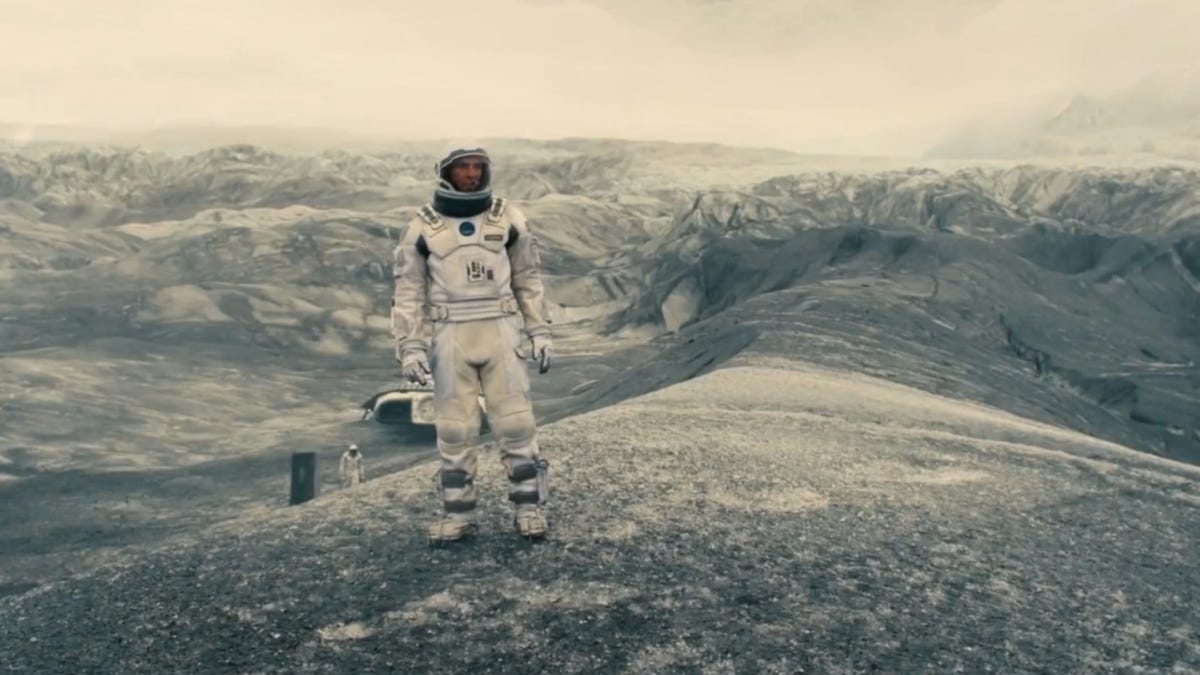
The use of a church organ in a science fiction film about space travel is as counterintuitive as it is brilliant. Far from being synthesised, the organ was recorded at Temple Church London. As the film director Christopher Nolan points out, ‘the organ, the architectural cathedrals, they represent mankind's attempt to portray the mystical or the metaphysical’, making it an interesting metaphor for space and time travel.
Anna Meredith
Eighth Grade
Anna Meredith is a Scottish classical composer turned pop-influenced electronic musician and film composer. Her bright, colourful, and brash soundtrack to this film deliberately contrasts with the shy lead character’s painful journey through adolescent self-discovery. The film’s audio is mixed in such a way that the music becomes the focus at various points, taking the lead role in the storytelling.
Joe Hisaishi
Spirited Away
The musical and visual aesthetics of Studio Ghibli are recognisable. The orchestral score to this film has a discernably Japanese style, creating an atmosphere that is enigmatic and dreamlike. A distinctive use of the high register of the piano creates idiosyncratic chords and ethereal melodies. While my knowledge of Ghibli’s films is limited, this score made a definite impression with its deeply imaginative world, framed by memorable melodies.
Shye Ben Tzur, Jonny Greenwood, and The Rajasthan Express
Junun
This documentary is a little shy of an hour but gives a glimpse into a recording session for the album Junun in Rajasthan, India. It captures the collaboration between composer Shye Ben Tzur, Radiohead band member Jonny Greenwood, and the Indian ensemble the Rajasthan Express. Much of the camera crew’s filming equipment was held up in customs, so the film was made using cheaper cameras, degrading the visual quality. However, the music remains lively and intense, and it is worth watching as it gives you an honest glimpse of a rare musical collaboration.
John Williams
Jurassic Park
Just as with Herrmann and Hitchcock or Nolan and Zimmer, the creative partnership of director Steven Spielberg and composer John Williams is legendary. Though the Star Wars films are probably the most famous example of Williams’s melodic inventiveness, the Jurassic Park theme sounds like it could as easily belong in the concert hall. What is interesting is that, given the film is about unregulated science that results in deadly rampaging dinosaurs, the theme sounds hopeful and uplifting.
Richard Rodgers
The Sound of Music
While this film is somewhat dated, its treatment of big ideas makes it feel relevant, as it examines the power of art and the human capacity for conformity and evil. Music is celebrated throughout, down to the smallest details, such as the family’s seven children representing the seven notes of a diatonic scale. In this pre-autotune era, the star character, Maria, played by Julie Andrews, sings with astonishing skill and accuracy. It’s not hard to see why jazz musician John Coltrane, who made a cover of the song My Favourite Things, found inspiration in this musical.
Howard Blake
The Snowman
The only short film on this list, this Christmas classic for children features Peter Auty's singing with Howard Blake’s orchestral score. Peter’s singing voice has a rare beauty, delivering the music almost entirely without vibrato.
Philip Glass
The Truman Show
Philip Glass’s cyclical music is well suited to the story of Truman, a man who is unknowingly the star of a sinister but popular reality TV show, where he is forced to live a monotonous life of comfort and conformity, trapped inside an artificial world. It features one of Glass’s famous piano pieces, Truman Sleeps, which gently lulls you into the world of deceit.
Clint Mansell
Moon
Unlike most film composers, Clint Mansell’s background is in rock music. As a result, his aesthetic suits this gritty and sometimes disturbing sci-fi film. The music vibrates with shimmering tension and claustrophobic unease, expertly expressing the underlying discomfort and loneliness.
Buena Vista Social Club
Buena Vista Social Club
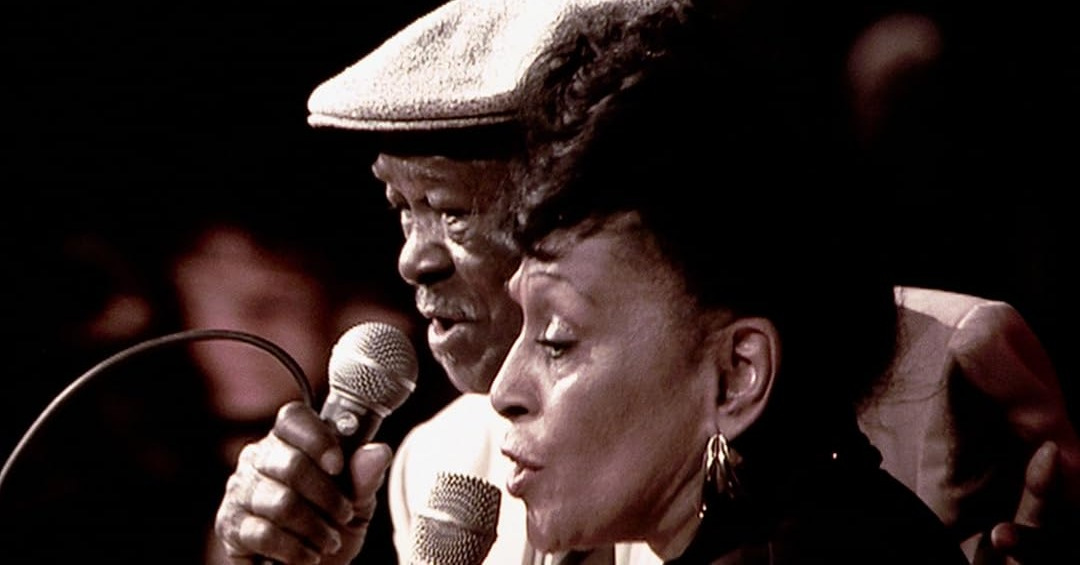
One of the most celebrated music documentaries of the 20th century, this film spawned a genre of follow-up films about Cuban music. Both the film and the album are works of art. They capture the music of a country once cut off from the world, which reemerged having developed a unique musical culture. As ever, putting the music in context adds an extra dimension to the sound.
Bernhard Herrmann
Psycho
Due to a limited budget, Bernhard Herrmann’s score for Psycho was written purely for strings, an instrumental group traditionally more associated with romance than horror. Herrmann responded to this restriction by using various string techniques to extract a broad palette of sounds; most famously, the rapid - almost percussive - descending glissandos used in the shower murder scene. In 1998, rapper Busta Rhymes used a string sample from the film for his hit track Gimme Some More. Psycho demonstrated Herrmann’s rare ability to be daringly experimental without alienating Hitchcock’s mass audience.

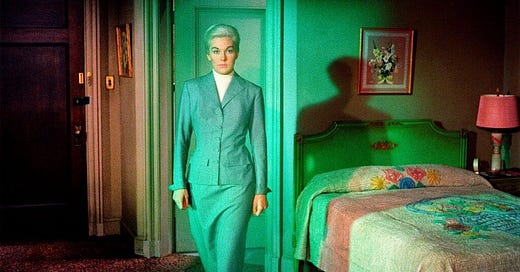



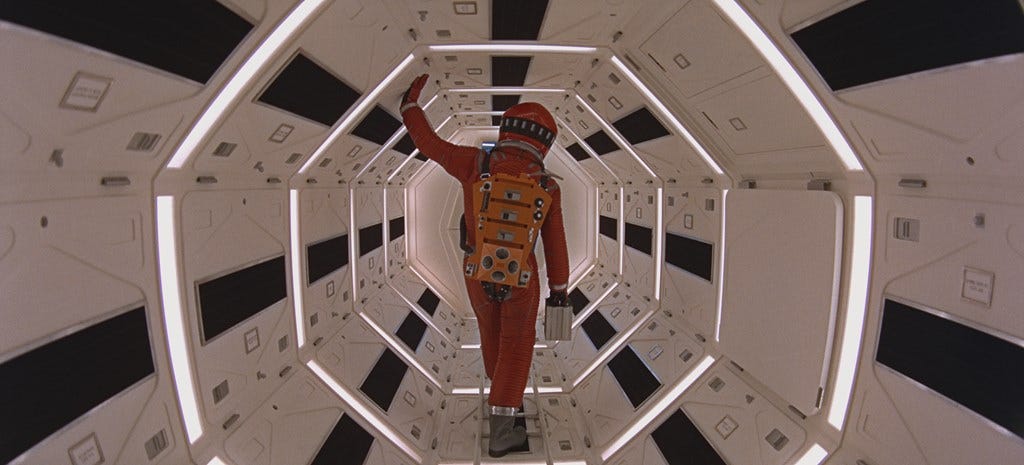
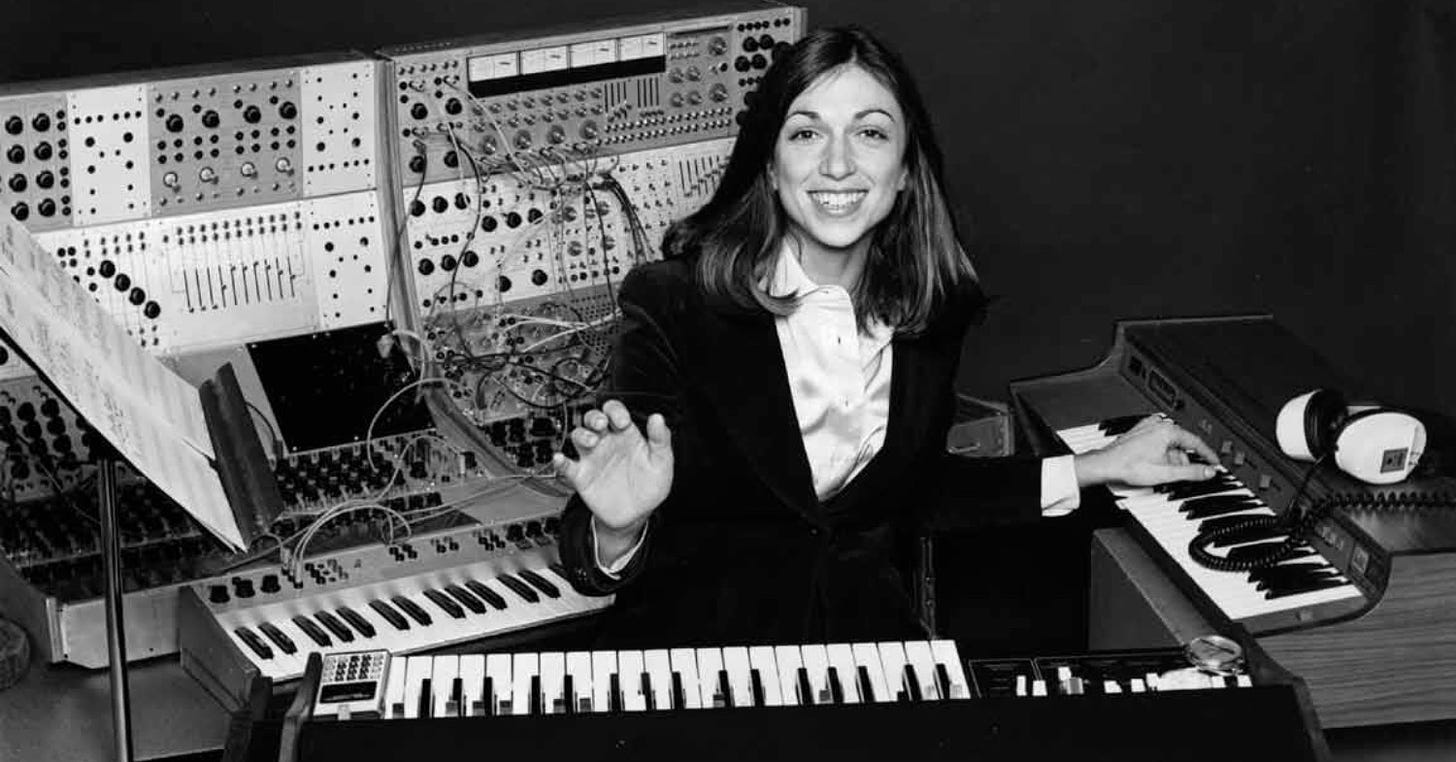
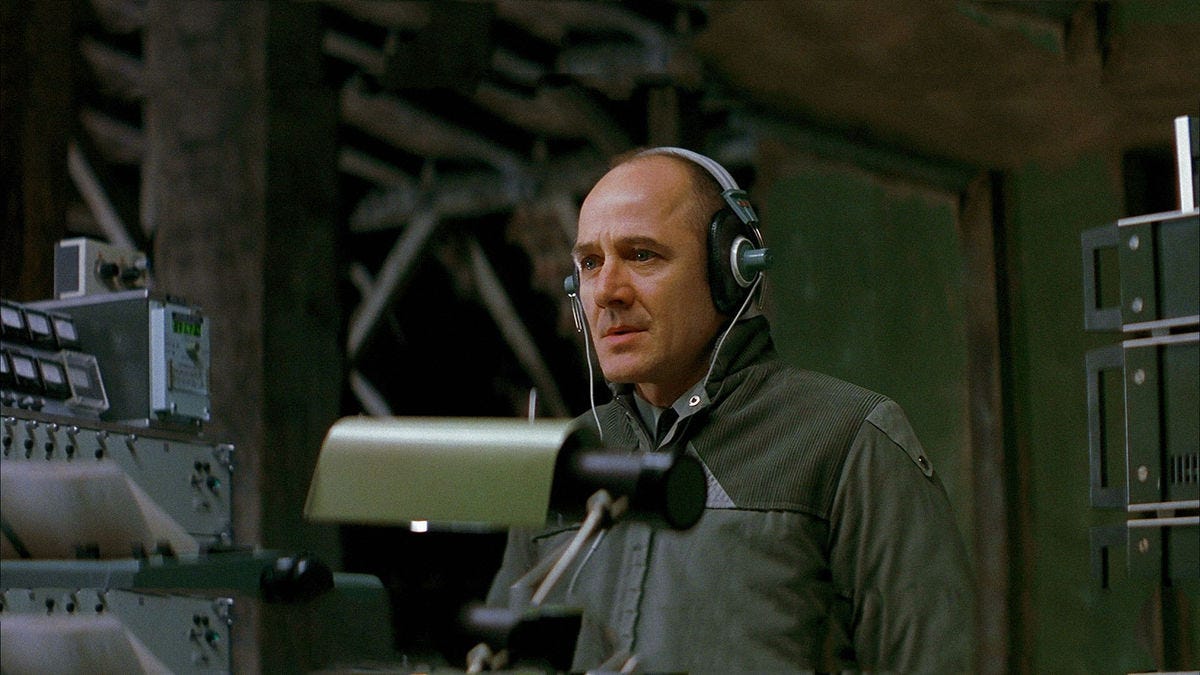
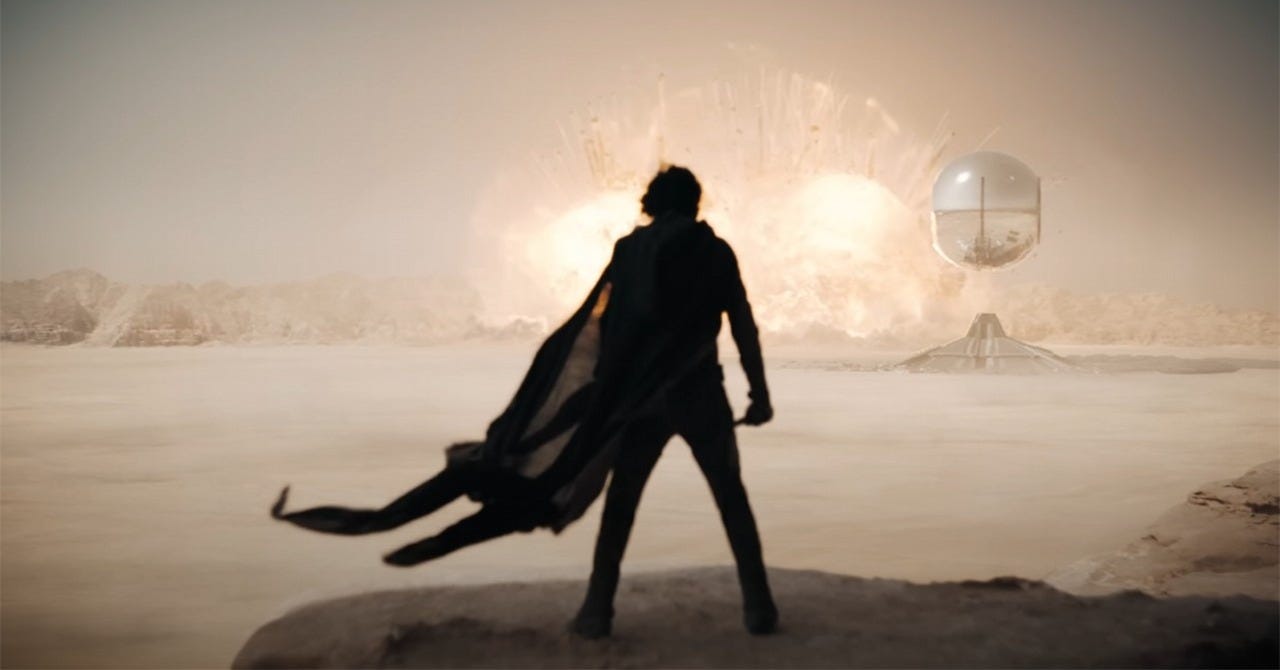
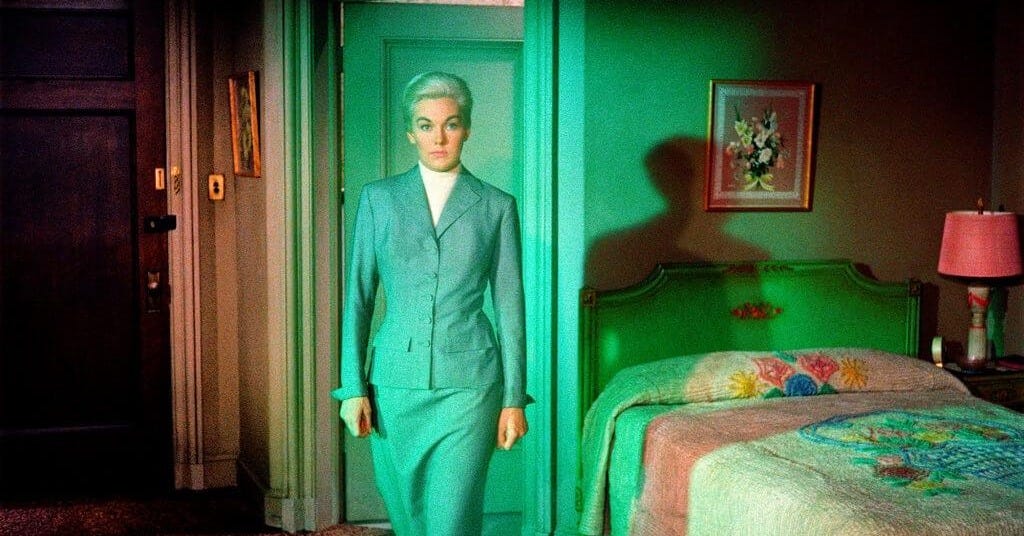
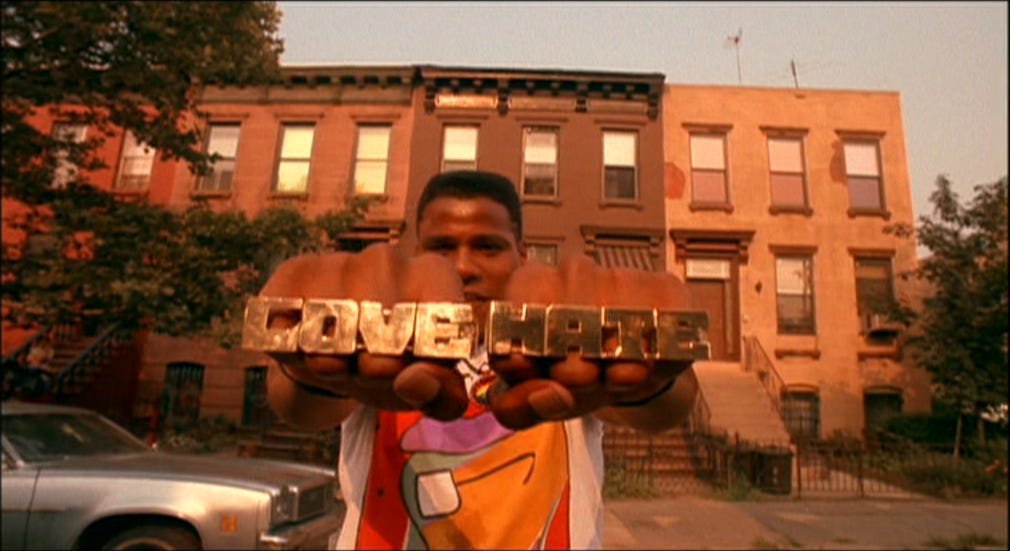
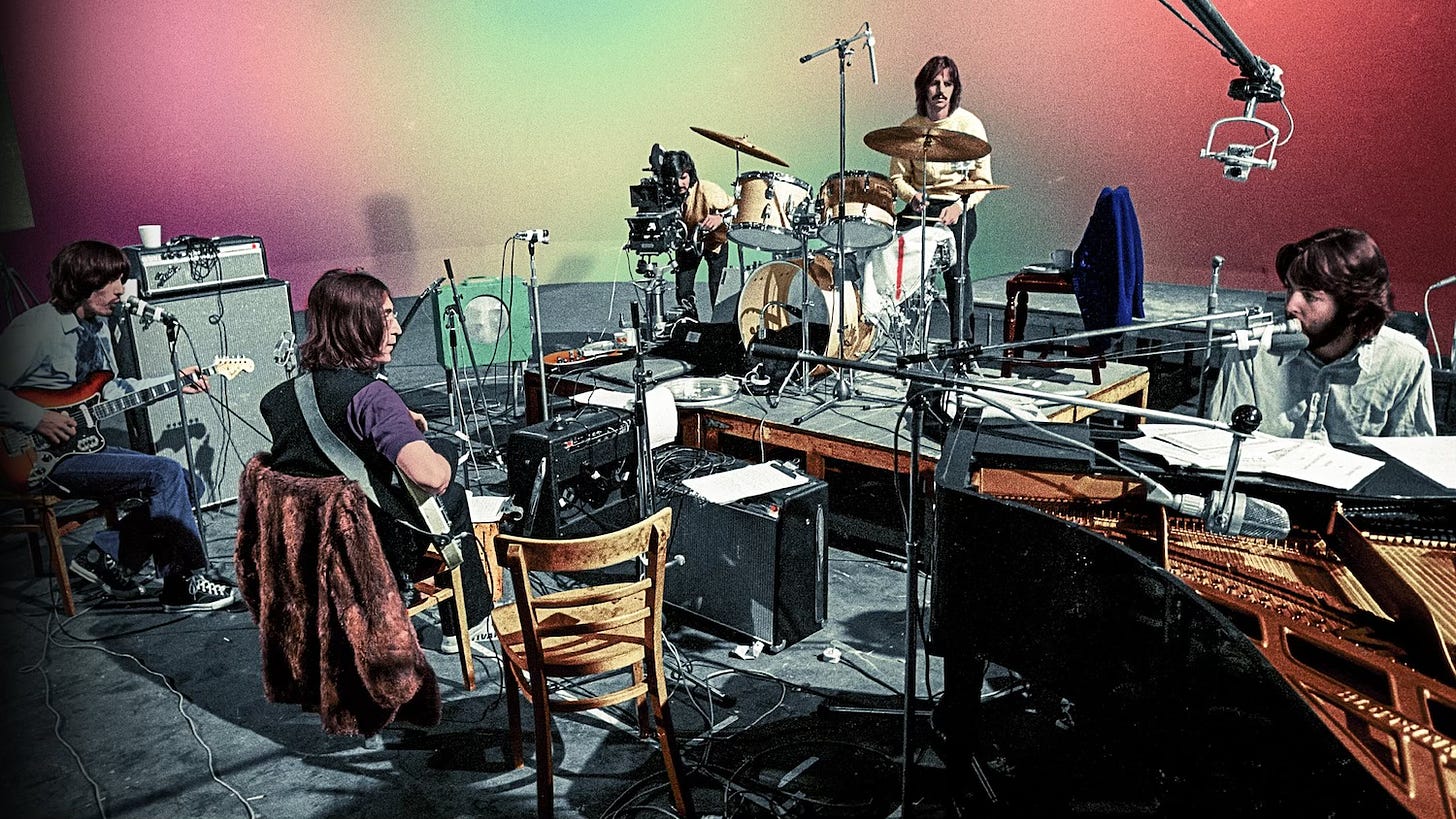
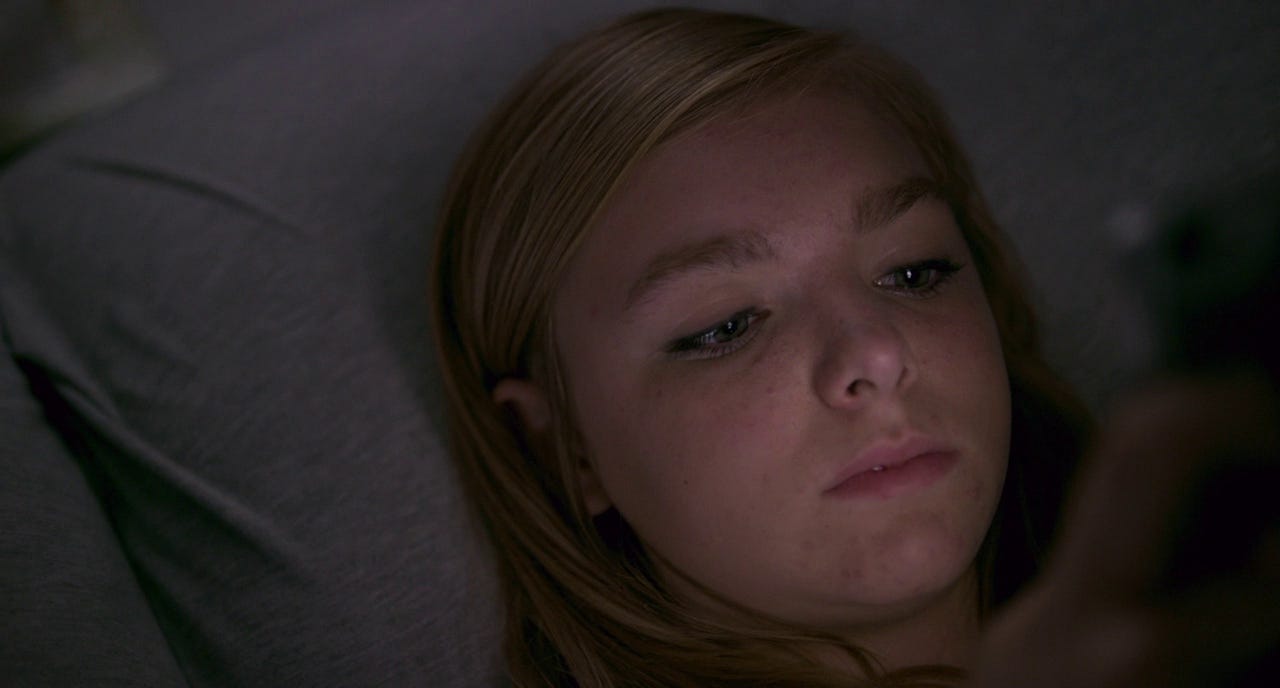
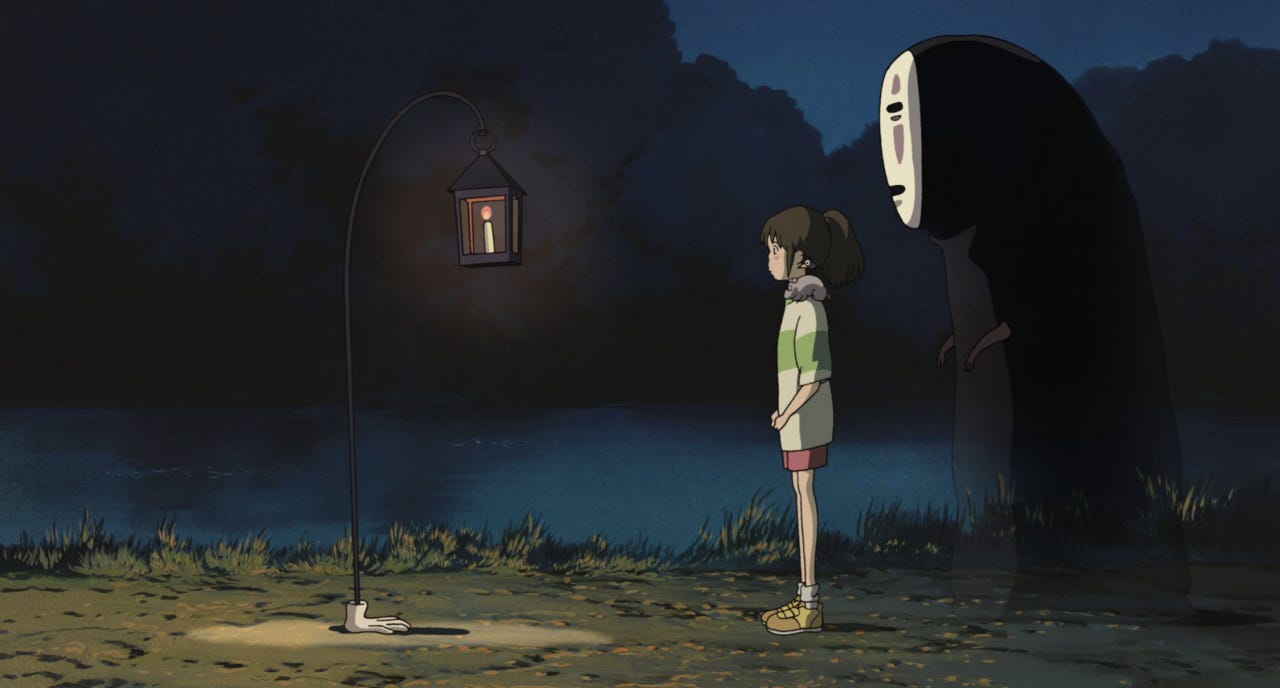
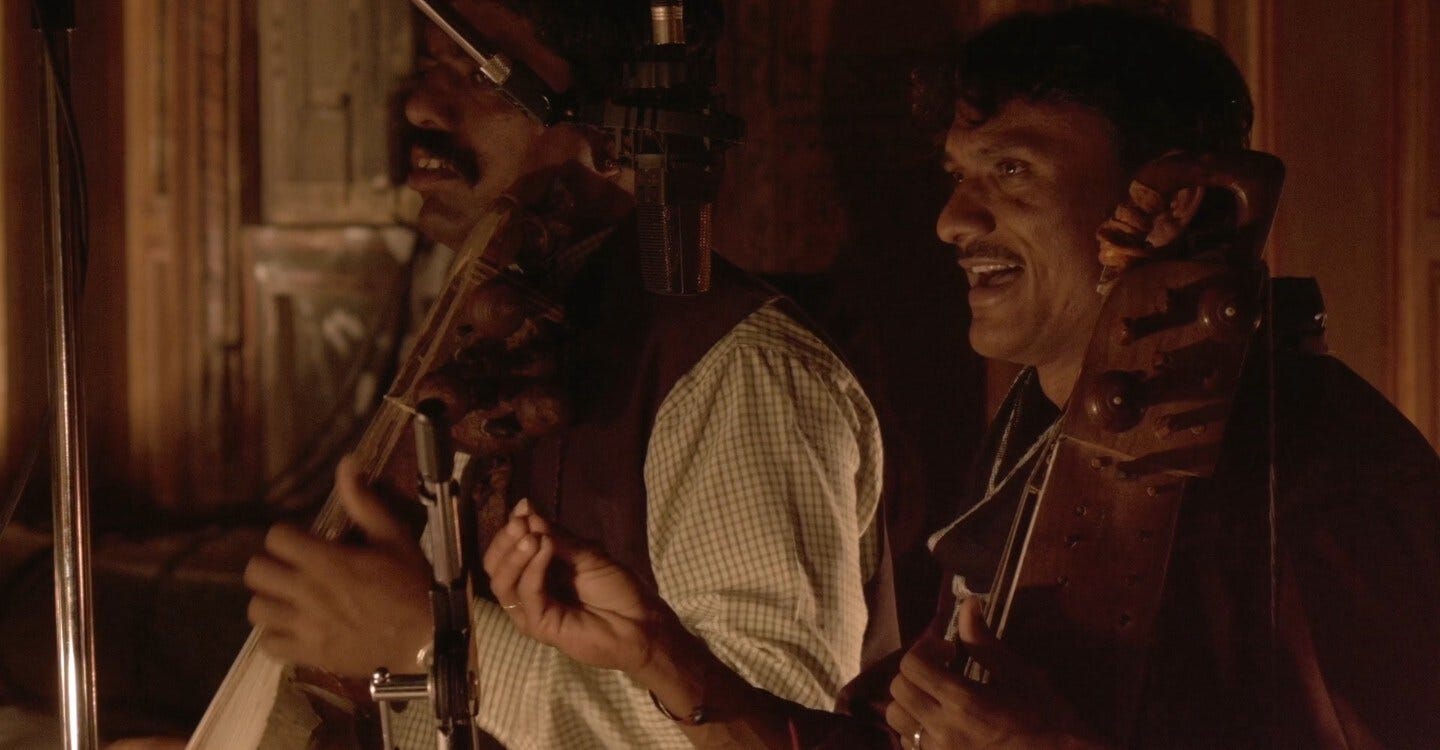
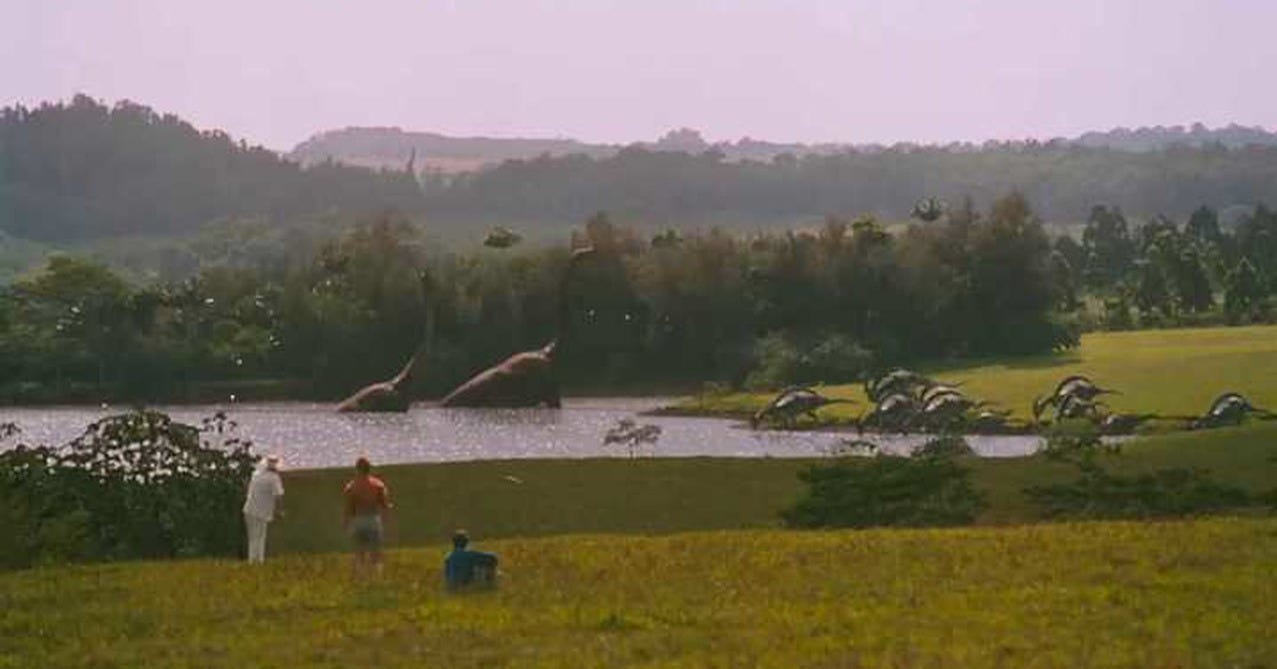
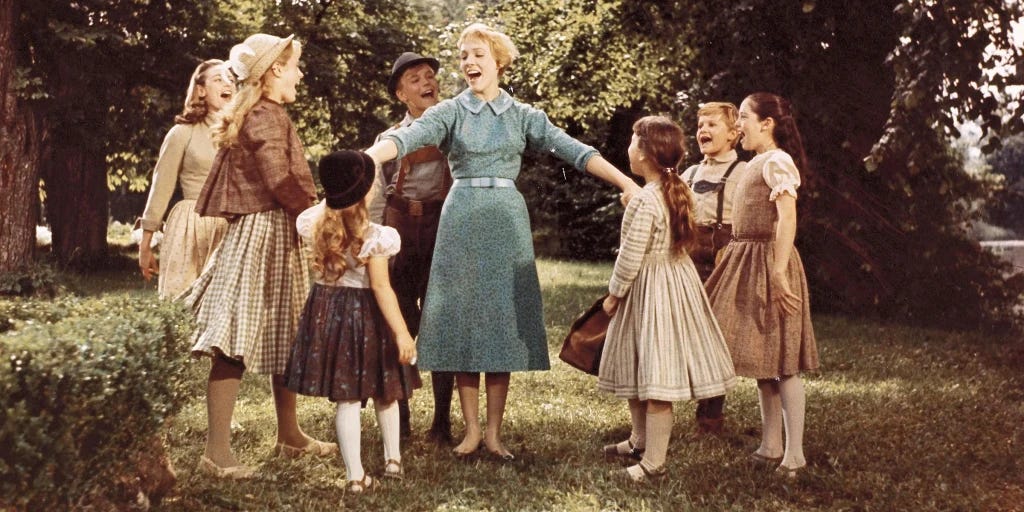
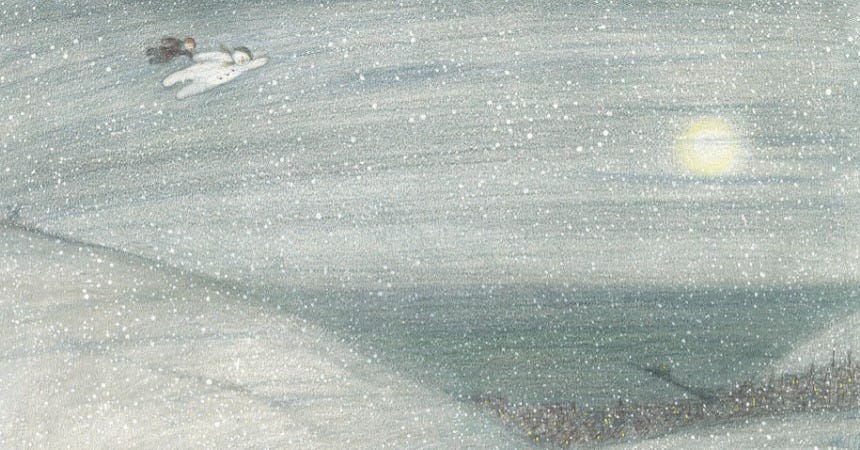
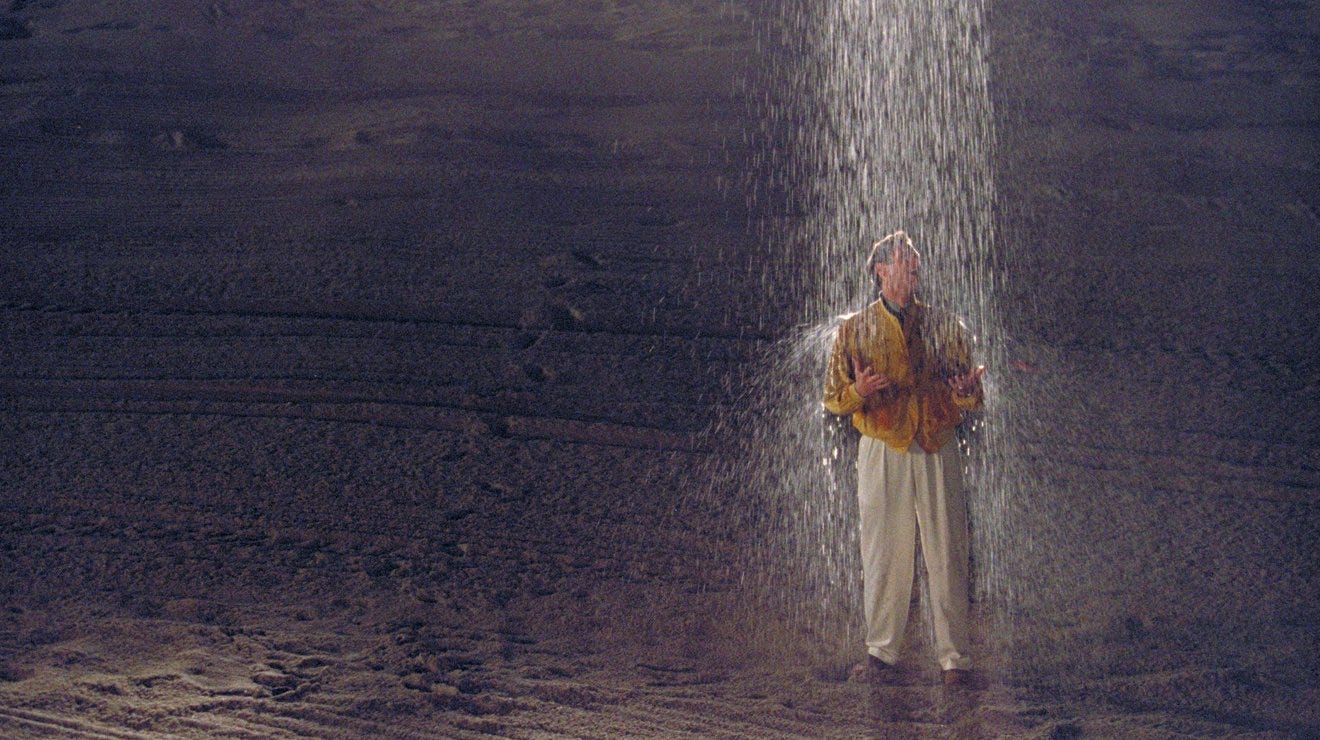
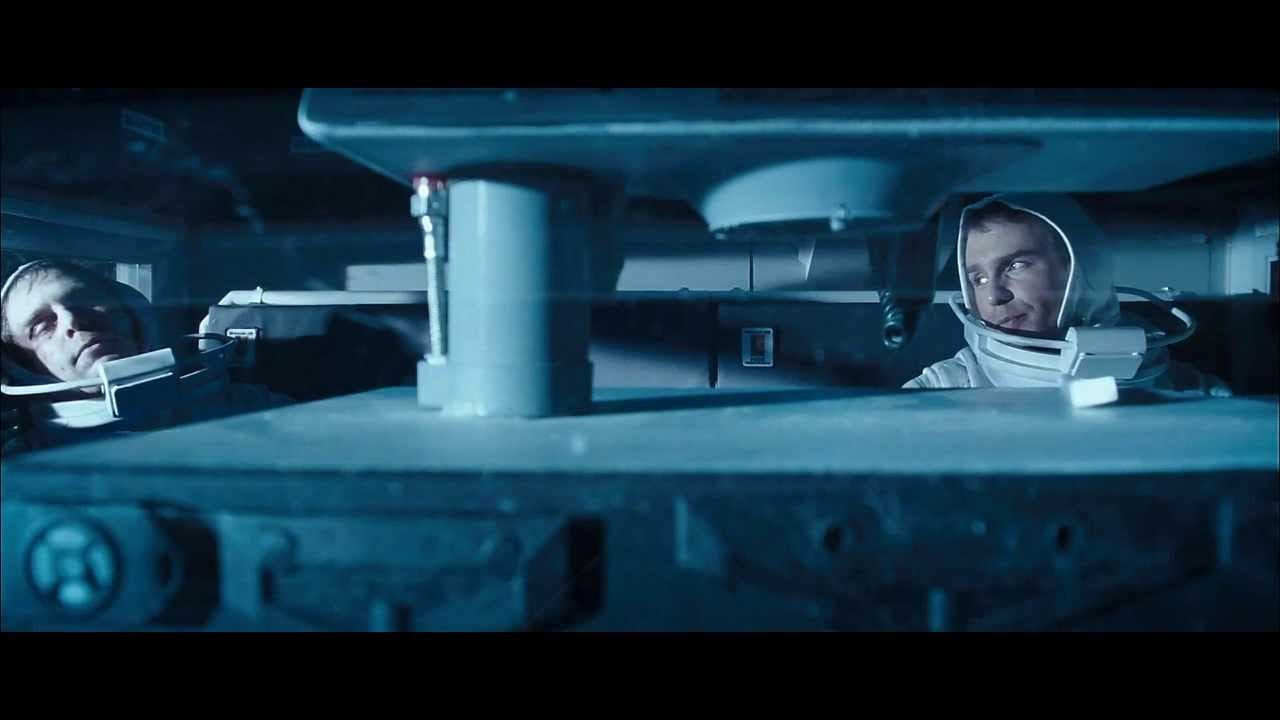
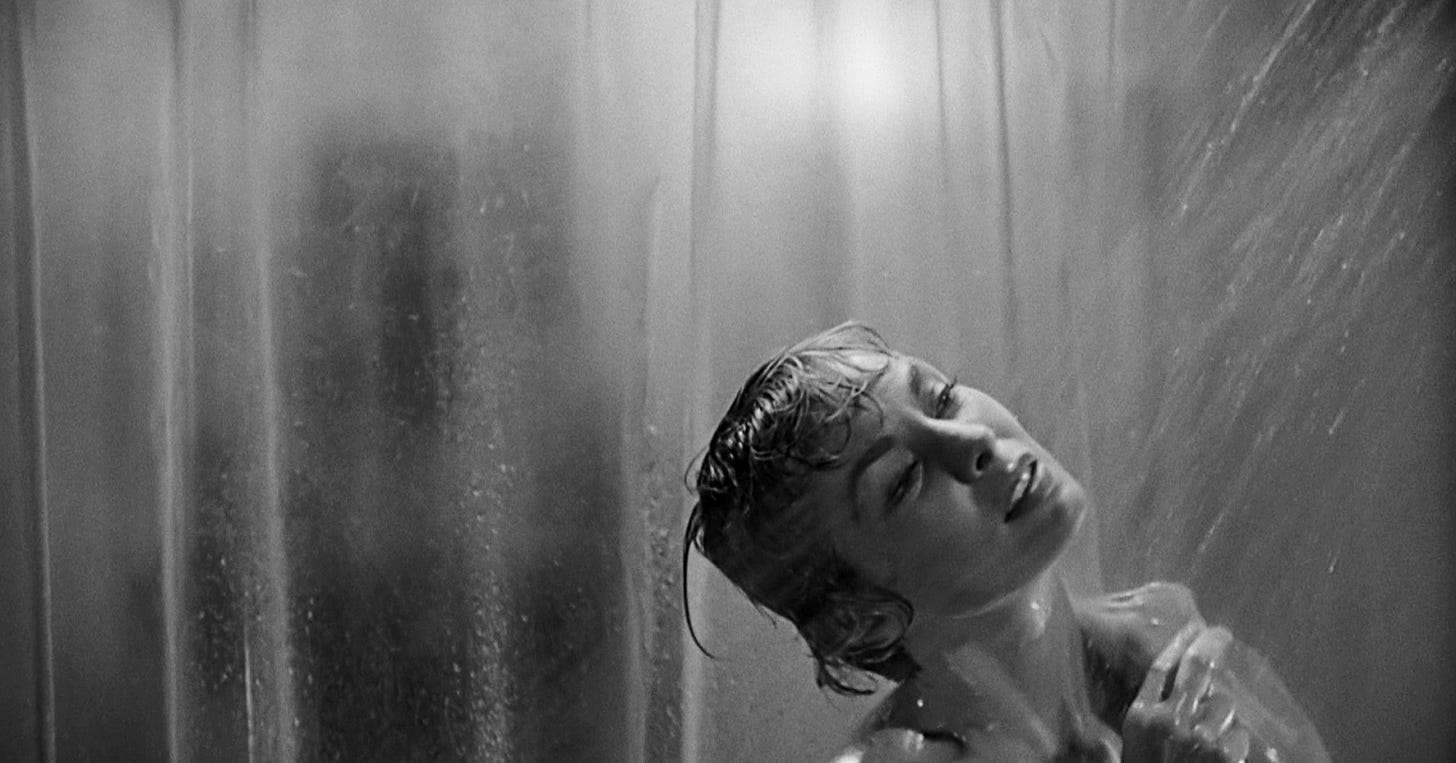
Excellent list 👍 Definitely going to check out the Johnny Greenwood documentary.
I'm a big fan of a couple of other films Clint Mansell scored. In Pi the music really helps you get into the head of the anxious and paranoid main character. And The Fountain, which includes a collaboration with post-rock giants Mogwai is just gorgeous. Both, coincidentally or not, are directed by Darren Aronofsky.
Another film I'd recommend in general, but especially for its music is Waking Life. The soundtrack by Tosca Tango Orchestra was way outside my regular listening at the time I saw the movie, but it just fit the visuals so perfectly and became one of those soundtracks I've listened to many more times than I've seen the film.
Great list! I think Alan Silvestri's score for Cast Away is underrated and would recommend that. My favorite is Howard Shore's score for the Lord of the Rings trilogy, but I feel that one rightfully gets the attention it deserves.
Also, have you watched the documentary Great Film Composers? It's on Curiosity Stream and goes through film composers from silent films all the way through pretty recent. It's fascinating.